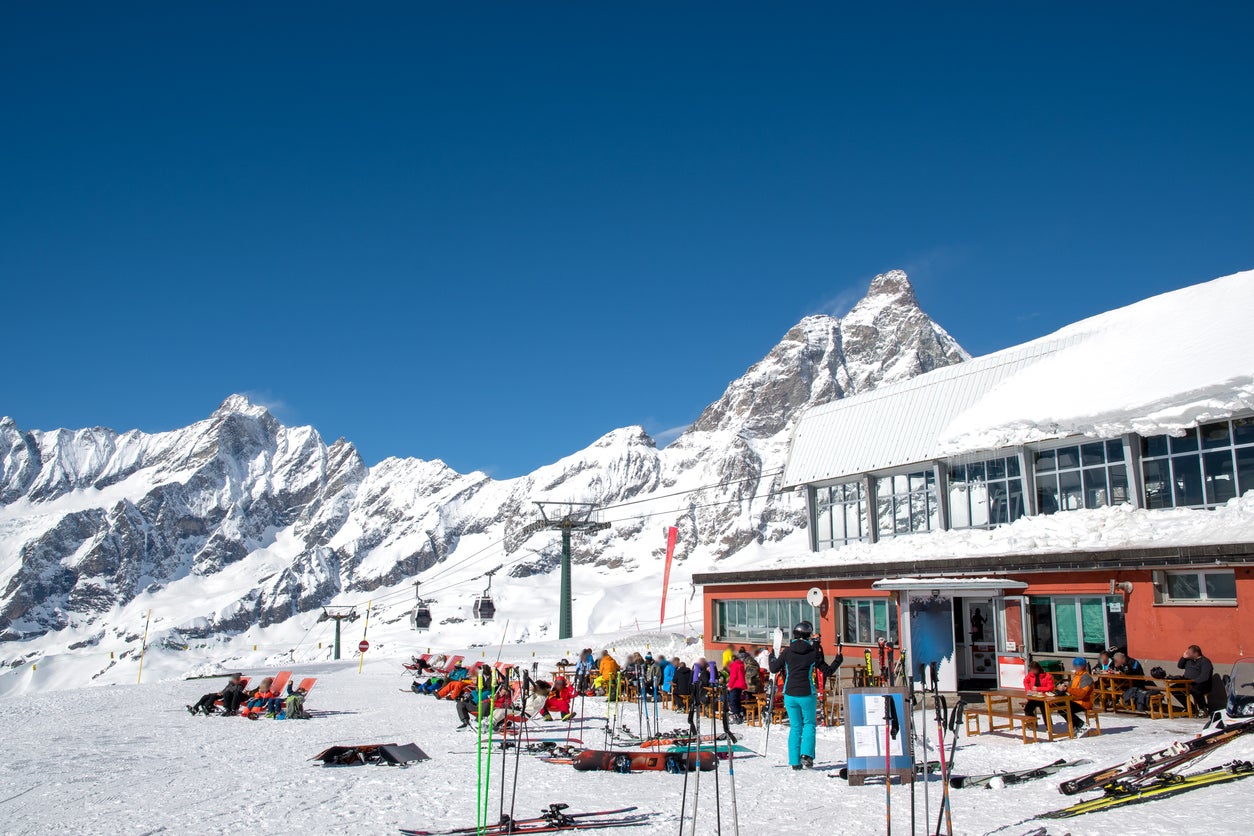Italy tightens Covid rules with vaccine passport required for most venues
Surge in cases sparks raft of new rules from 10 January

Your support helps us to tell the story
From reproductive rights to climate change to Big Tech, The Independent is on the ground when the story is developing. Whether it's investigating the financials of Elon Musk's pro-Trump PAC or producing our latest documentary, 'The A Word', which shines a light on the American women fighting for reproductive rights, we know how important it is to parse out the facts from the messaging.
At such a critical moment in US history, we need reporters on the ground. Your donation allows us to keep sending journalists to speak to both sides of the story.
The Independent is trusted by Americans across the entire political spectrum. And unlike many other quality news outlets, we choose not to lock Americans out of our reporting and analysis with paywalls. We believe quality journalism should be available to everyone, paid for by those who can afford it.
Your support makes all the difference.Amid a surge in Covid-19 cases, Italy has upped its domestic Covid rules, affecting tourists visiting holiday hotspots and ski resorts.
Coming into effect today, visitors will need a “super green pass” vaccine passport - essentially, a record of having had at least two vaccine doses - to access a number of venues and modes of transport, including ski lifts and restaurants.
The NHS Covid Pass QR code can be used as a super green pass in Italy.
From February, Italy will impose a validity period of six months on proof of vaccination, meaning that travellers who had their second dose more than six months ago will need a booster in order to enter these venues.
The full list of venues travellers need a super green pass to enter is as follows:
- All restaurants and bars, outdoors and indoors
- All public transport, including local buses
- Hotels
- Ski lifts
- All indoor and outdoor swimming pools and gyms
- All indoor and outdoor spas and thermal baths except for “essential rehabilitation or therapeutic treatments”
- Museums, exhibitions and cultural venues, including libraries
- Celebrations relating to religious or civil ceremonies
- Fairs, festivals, conventions and conferences
- Theme parks
- Indoor and outdoor cultural, social and recreational centres
- Games rooms, betting rooms, bingo halls and casinos
This winter has seen many skiers redirected to Italy and Switzerland after France imposed a travel ban on British visitors.
While Italy’s ski resorts remain open, the country’s government has also changed the zone colour of some of its tourist areas from today.
The country has a system of four colour-coded zones: red, orange, yellow and white, denoting the risk of Covid infection with restrictions to match.
From 10 January, the Aosta Valley, Tuscany, Emilia Romagna and Abruzzo are categorised as yellow, meaning most venues are open as normal, but the super green pass is required for the majority of indoor venues and activities.
These regions join Lazio (home to Rome), Lombardy, Sicily and Veneto on the 15-strong list of yellow zones.
There are currently no orange or red zones in Italy, although local media reports suggest that the region of Trentino may soon be moved to the orange list.
Orange restrictions include not being able to move around the country outside of your municipality, curfews from midnight to 5am, and venues such as restaurants, bars, museums and theatres being closed.
The Italian government recently passed a decree making it mandatory for all over 50s to get the vaccine.
“We want to slow down the curve of contagion and encourage Italians who have not yet been vaccinated to do so,” said prime minister Mario Draghi in a statement.
“We are working in particular on the age groups that are most at risk of being hospitalised, to reduce pressure on hospital to save lives.”
Join our commenting forum
Join thought-provoking conversations, follow other Independent readers and see their replies
Comments